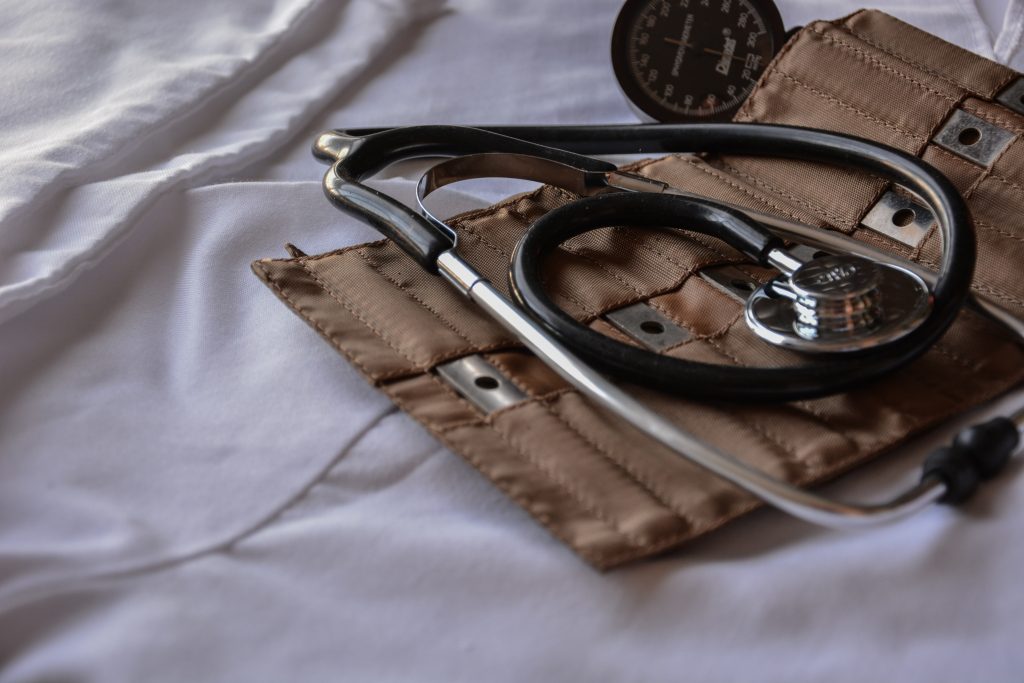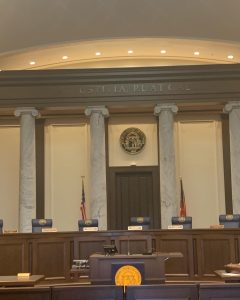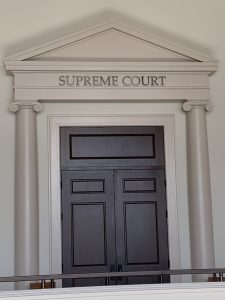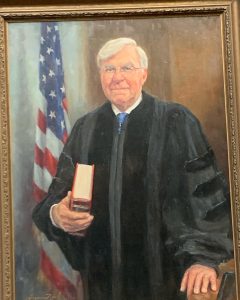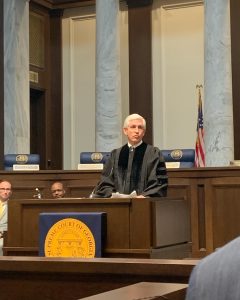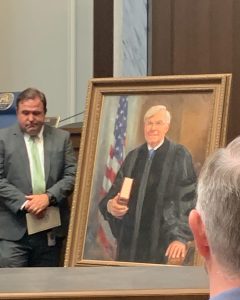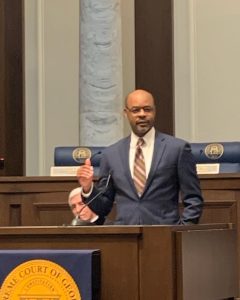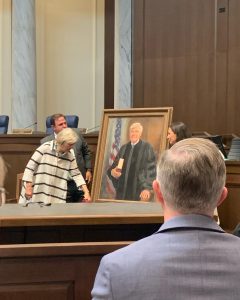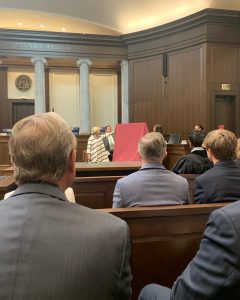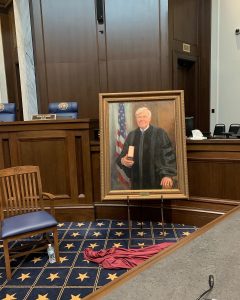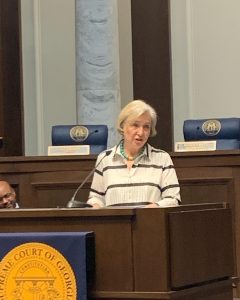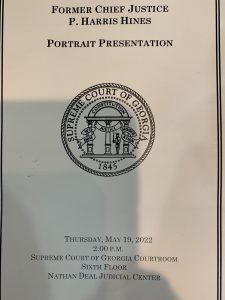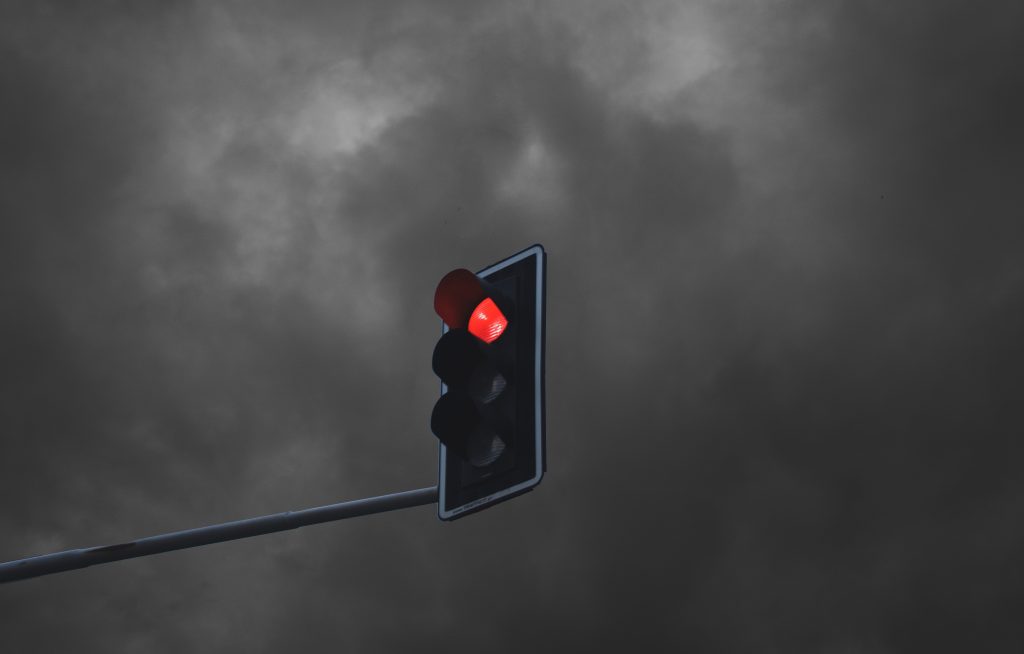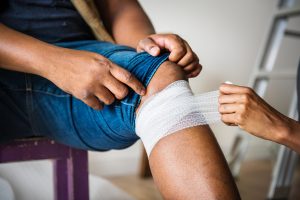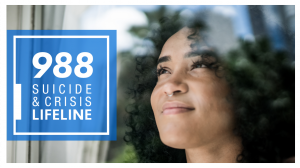
Ever since I began the Georgia State Bar’s Suicide Prevention Program back in 2012 when I was President of the State Bar of Georgia, I have been advocating for the need for more mental health services provided during an emergency. For longest time, all U.S. citizens have had available to them for an emergency is to call 911. This is, without question, an extremely valuable service to have when you need help from the police or fire department. But is hasn’t also proven helpful when what you have is really a mental health emergency. There have been numerous examples of incidents here in Atlanta in which, in my opinion, had there been a mental health emergency number available instead of just 911, a life would not have been lost.
The police shooting of Scout Schultz, a Georgia Tech student, is a prime example. Scout was a fourth-year computer engineering major with a minor in biomedical engineering at the time of his death. Scout was fatally shot September 16, 2017, after approaching officers with a knife and saying, “Shoot me.” A Georgia Tech officer who had not had mental health training shot Scout, even though Scout was yards away from him and couldn’t possibly hurt the officer with a knife from that distance. The officers needed mental health training on how to deescalate and handle a mental health crisis someone is going through instead of shooting that person. Had we had a 988 available then, perhaps Scout would still be with us. The same can be said for the police shooting of Nygil Cullins, who was having a mental health crisis at Fogo de Chao in Buckhead. Rather than handing it as mental health crisis, as it obviously was, the Atlanta Police shot and killed Mr. Cullins. What is truly sad is that his mother had tried to get emergency transport for her son to a mental health living facility by calling 911 and waited for two hours. She had even called Riverwood Behavioral Health Center ahead of time to make sure they had a bed available, and told 911 dispatchers she would follow police there and fill out the paperwork when they arrived. She said “all you have to do is transport him.” Mr. Cullins waited with his mother for two hours without any help from 911 and, ultimately, left for Fogo de Chao, without mental health intervention. The Atlanta Police, rather than sending a mental health team, sent armed police officer who handled the situation by shooting and killing Mr. Cullins. Another life lost senselessly and one that 988 may have saved.
So I am thrilled that we now have available to us 988 for mental health crises. “If you are willing to turn to someone in your moment of crisis, 988 will be there,” said Xavier Becerra, the secretary of the federal Department of Health and Human Services, at a recent press briefing. “988 won’t be a busy signal, and 988 won’t put you on hold. You will get help.” I pray this is true. The primary goal of the new number is to make it easier for people to call for help. Lawmakers and mental health advocates also see this launch as an opportunity to transform the mental health care system and make care easily accessible everywhere in the United States. The Biden administration has invested more than $400 million in beefing up crisis centers and other mental health services to support the 988 system.
 Atlanta Injury Lawyer Blog
Atlanta Injury Lawyer Blog




